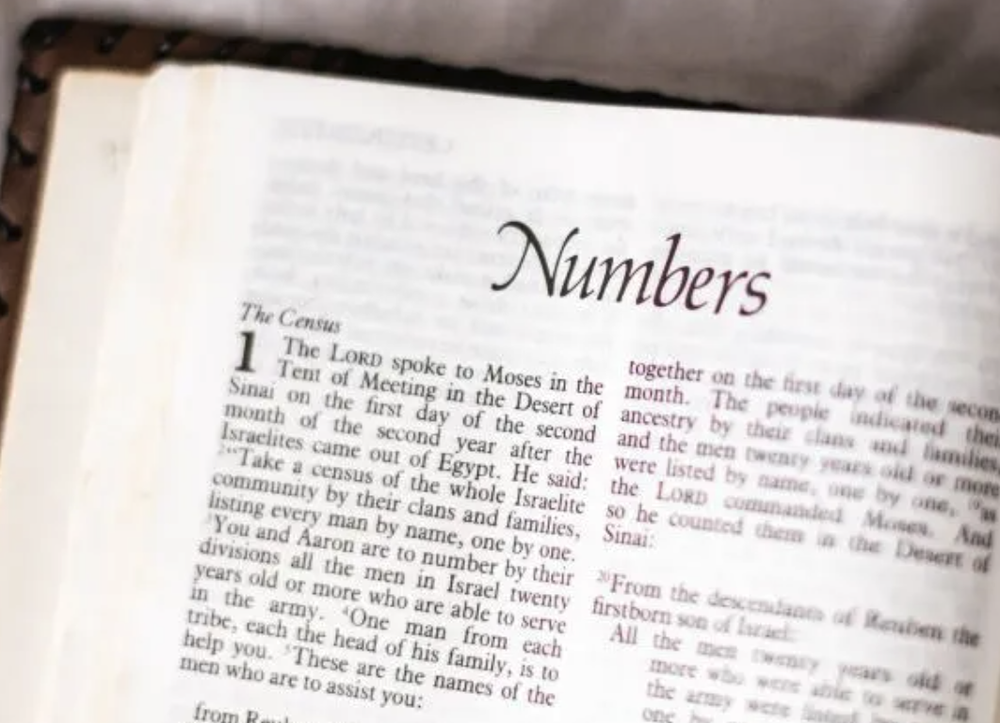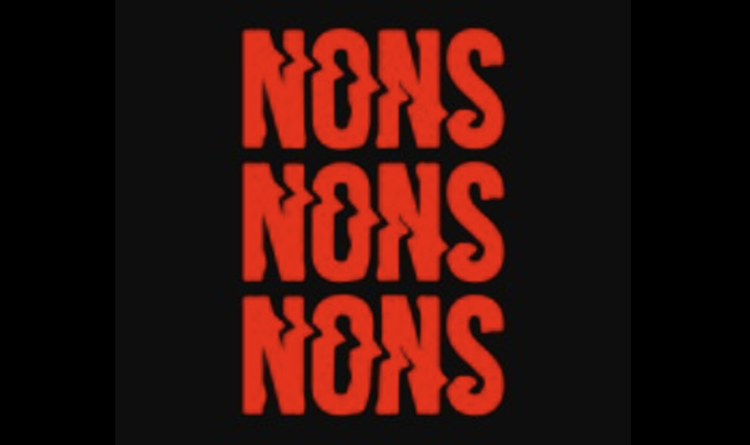Am I alone in thinking that leaders of the Religion News Association probably wish that they could have delayed shipping the ballots for their poll to select this year’s top religion-news events and trends?
The bombshell Vatican document encouraging priests to bless same-sex couples (and other Catholics in “irregular” marriages and relationships) would have ranked very high in the list of the Top 10 international stories. As you would imagine, this was one of the main topics in this week’s “Crossroads” podcast (CLICK HERE to tune that in).
A hint of what was coming could be seen in the fourth item in the global RNA results:
The Vatican says it’s permissible, under certain circumstances, for transgender Catholics to be baptized and serve as godparents. Pope Francis criticizes laws that criminalize homosexuality as “unjust.” A meeting of German bishops and laity calls for the church to approve blessings of same-sex unions.
Ah, the ongoing progressive reformation in Germany. Hold that thought.
Meanwhile, the Vatican’s Congregation for the Doctrine of the Faith insisted that its move was pastoral and will not change ancient Catholic teachings about the sacrament of marriage. However, the press coverage fueled waves of confusion in which activists on the Catholic left and right noted that the symbolic nature of these rites will be completely impossible to ignore or control. Scan the 20,000+ news stories, if you wish.
Only one question remains: Who will the Vatican discipline? The German bishops who push on with their attempts, via the Synod on Synodality, to change church teachings on this matter or the doctrinal conservatives in the Global South and elsewhere who reject this document altogether? I wonder that Cardinal Raymond Burke and Bishop Joseph Strickland will say about that?
Let’s back up for a moment. The top stories in both the International and U.S. lists were linked to the hellish Hamas attack on Israeli civilians and then Israel’s attempts to crush the terrorists who, as always, were based in Gaza locations shielded by helpless Palestinians.










